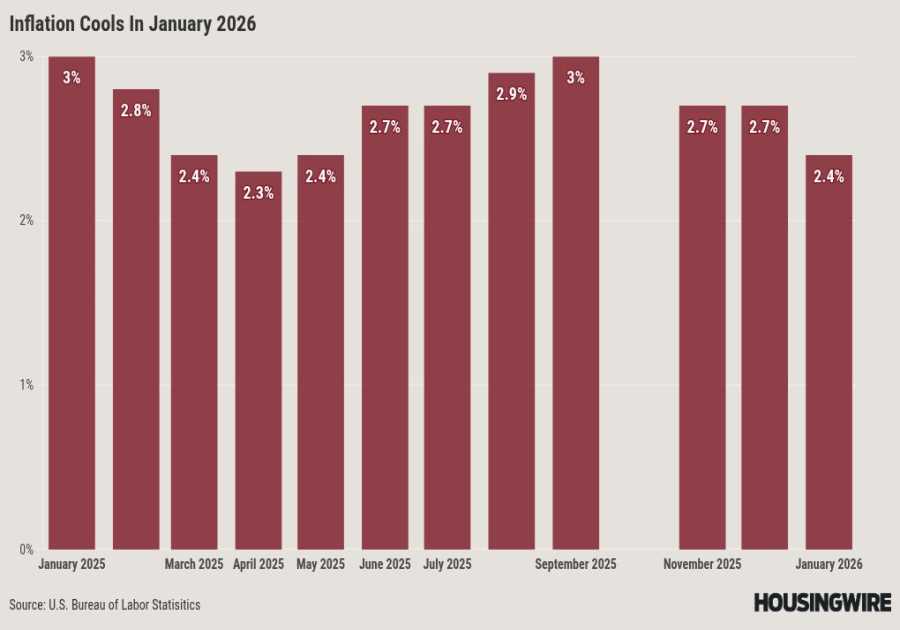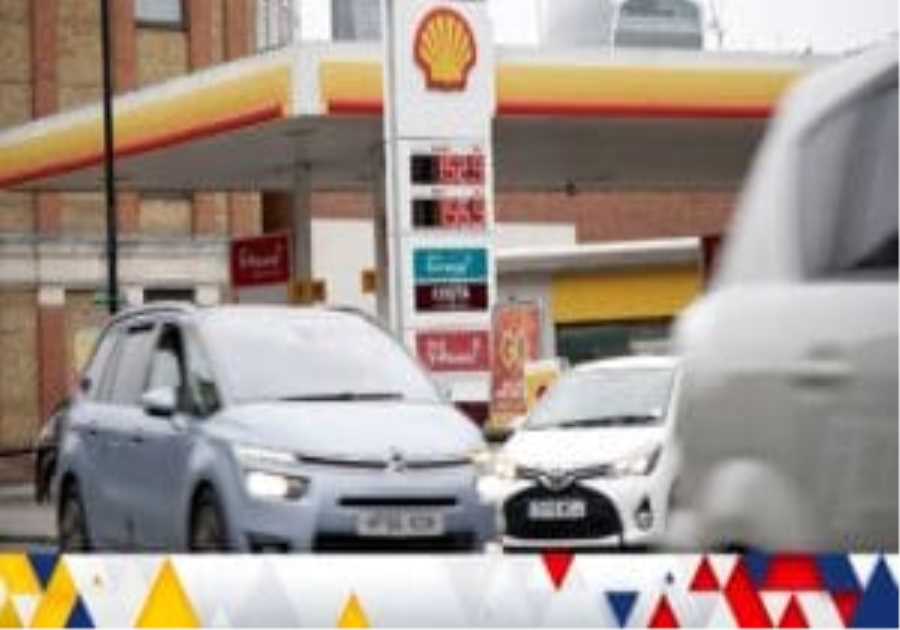Fewer than half of Britons now carry a wallet as the decline of cash accelerates and smartphones and watches take over as the default way to pay, according to new research.
The study, published by cash machine network Link, found that while more than 80 per cent of people still own a wallet or purse, the rapid growth of digital wallets such as Apple Pay and Google Pay means leaving the house without cash is becoming commonplace.
The research highlights a sharp generational divide. Digital wallets are now the default payment method for Generation Z and millennials, while older adults still rely most on debit cards. For those aged 35–44, nearly a third (29 per cent) now regularly leave home carrying only a digital wallet.
High earners are also far more likely to rely solely on smartphones or watches for payments compared with lower-income households.
Although cash is no longer the default for any age group, it remains part of everyday life. More than half of adults said they had used coins or notes in the past week, often for budgeting, small purchases or shops with card minimums. However, 7 per cent of the population — almost five million people — now carry no cash at all, while nearly 16 million keep none at home.
On average, Britons carry just £20 in cash when they go out, and keep about £10 at home. Usage is highest among the over-65s, three-quarters of whom typically have cash in their pocket, compared with less than half of 18–34 year olds.
Despite the shift to digital, the report warns of the risks of over-reliance. Six in ten people said they had experienced digital payment failures, with one in five abandoning purchases as a result.
Adrian Roberts, deputy chief executive of Link, said: “The old saying ‘cash is king’ may still hold true for some, but today, it’s convenience that wears the crown. We’re more digitally reliant than ever but we’re also more exposed to technology outages than ever before.”
He pointed to the recent power outage in Portugal and Spain which left consumers unable to buy food, medicines and fuel after payment systems went offline.
The report also found that more than half of adults hold all their cards with a single network, such as Visa or Mastercard, while many digital wallet users store just one card — leaving them without a back-up if systems fail.
To mitigate risks, Link recommends that consumers keep a small cash reserve, diversify cards and wallets, install a second banking app, and carry a portable charger.
For policymakers, the challenge is twofold: ensuring continued access to cash, while strengthening the resilience of digital systems. The Bank of England is leading work on a “national payments vision,” but Link said further action would be needed to protect both consumers and retailers.
The physical wallet may not have disappeared yet, but its role is fading fast. As the report suggests, in today’s markets it is no longer the thickness of your wallet that matters — but whether your phone still has a signal.
Read more:
Fewer than half of Britons carry wallets as digital payments surge
Read More
By: Jamie Young
Title: Fewer than half of Britons carry wallets as digital payments surge
Sourced From: bmmagazine.co.uk/in-business/britons-wallets-digital-payments-report/
Published Date: Wed, 03 Sep 2025 10:16:09 +0000
Did you miss our previous article...
https://trendinginbusiness.business/business/jeremy-clarkson-richard-hammond-and-james-may-wind-down-24m-joint-company-as-tv-partnership-ends
.png)





